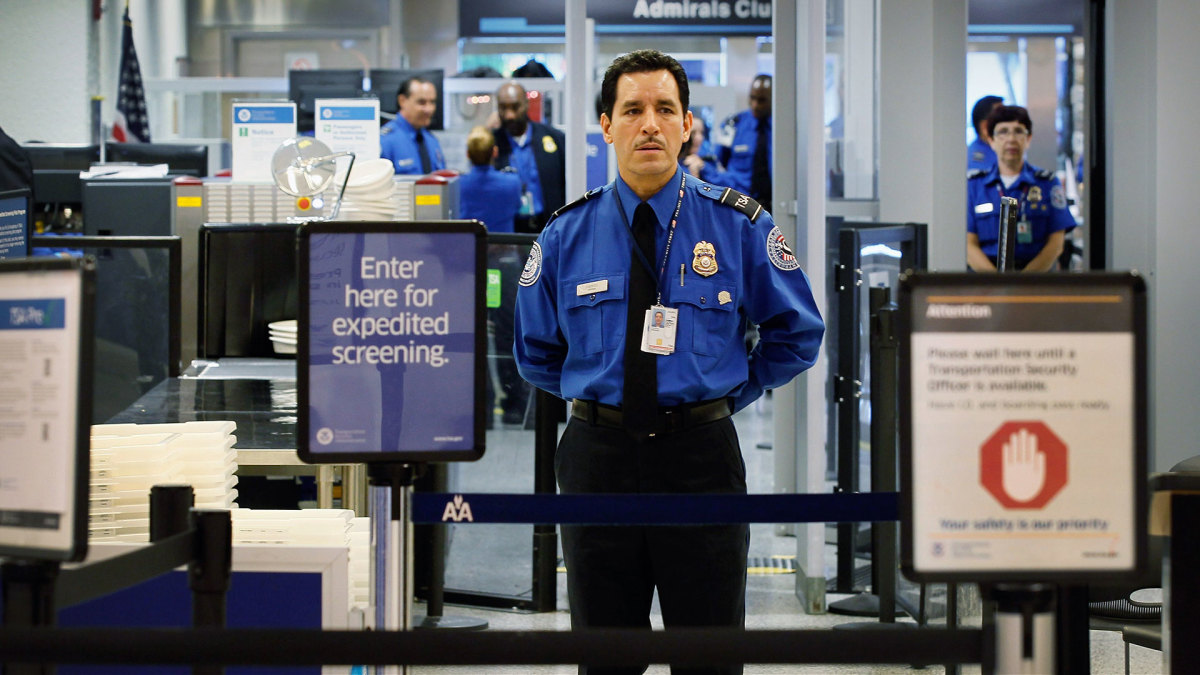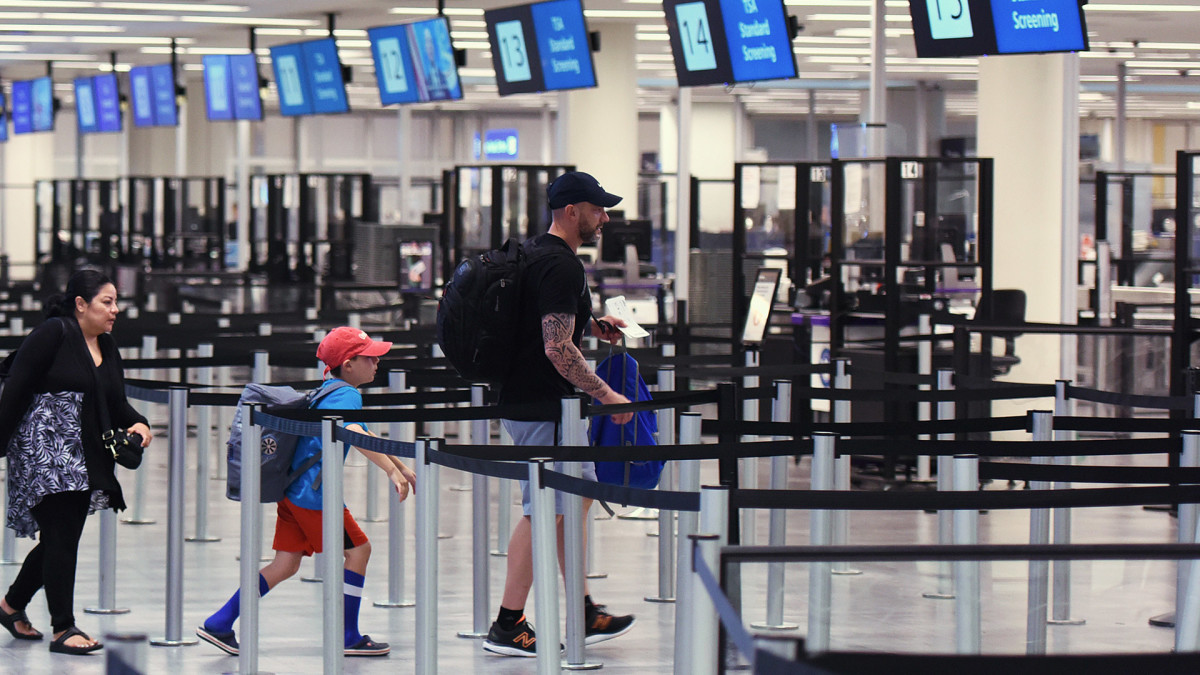
With increased digitalization and use of facial-recognition technology, airports are slowly starting to move away from the traditional way of checking boarding passes, identity documents and, in some cases, even passports when crossing international borders.
In the fall of 2023, Singapore announced that it was working on end-to-end biometrics at its Changi Airport that would connect a passenger's nationality with their boarding pass and have them pre-screened before they even get to customs. At the start of 2024, the United Kingdom became the latest country to announce that it was closer to expanding its eGates network that currently allows British and European Union passport holders to bypass a customs agent to more airports and international visitors.
Related: Another country is getting closer to fully scrapping passports
While these changes have been slower to come into effect in the U.S., United Airlines (UAL) announced that it was working with the Transportation Security Administration (TSA) to implement a system that lets passengers with TSA PreCheck to pass through security without having to show a boarding pass or ID.
'All without having to present ID': is this the future of travel?
The expedited security pass is currently available for U.S. citizens and permanent residents who apply to be screened as low-risk travelers. The clearance costs $78 for a validity of five years.
More Travel:
- A new travel term is taking over the internet (and reaching airlines and hotels)
- The 10 best airline stocks to buy now
- Airlines see a new kind of traveler at the front of the plane
"For bag drop shortcut with Touchless ID – when customers arrive at the airport, they can head to a bag drop shortcut kiosk where their photo is taken and their bag tag will print," a United spokesperson revealed to travel website the Points Guy. "For TSA PreCheck Touchless ID at security – when they arrive at the airport, they can head to the TSA PreCheck security checkpoint where their photo is taken."
Chicago's O'Hare International Airport (ORD) was chosen for TSA and airlines to start pilot-testing this type of boarding for low-risk travelers. After checking into their flight online, PreCheck passengers will drop off their bags and pass security by once again checking in at screens with facial recognition that connect them to their boarding pass.

Getty Images.
Expect to see much more facial recognition at airports across the country
This type of ID-free check-in is currently being tested in some parts of O'Hare and is expected to be fully rolled out by May 2024. It will also come to one terminal at LAX in Los Angeles this March. For the foreseeable future, it will be available exclusively for domestic travel that does not require a passport.
While becoming increasingly commonplace at airports around the world as a way of reducing staff time and speeding up the flow of traveler traffic, the use of facial recognition technology is also the subject of significant criticism due to both privacy concerns and the potential for fraud from bad actors.
"We can't change our biometrics without extreme measures like burning off our fingerprints or getting extreme facial reconstruction surgery," Adam Schwartz, the primary privacy litigation director for the Electronic Frontier Foundation advocating for customers' digital privacy rights, once told the Washington Post. "Unlike other numbers that can be changed if we're a victim of a fraud or whatnot, we have our biometrics for life."







